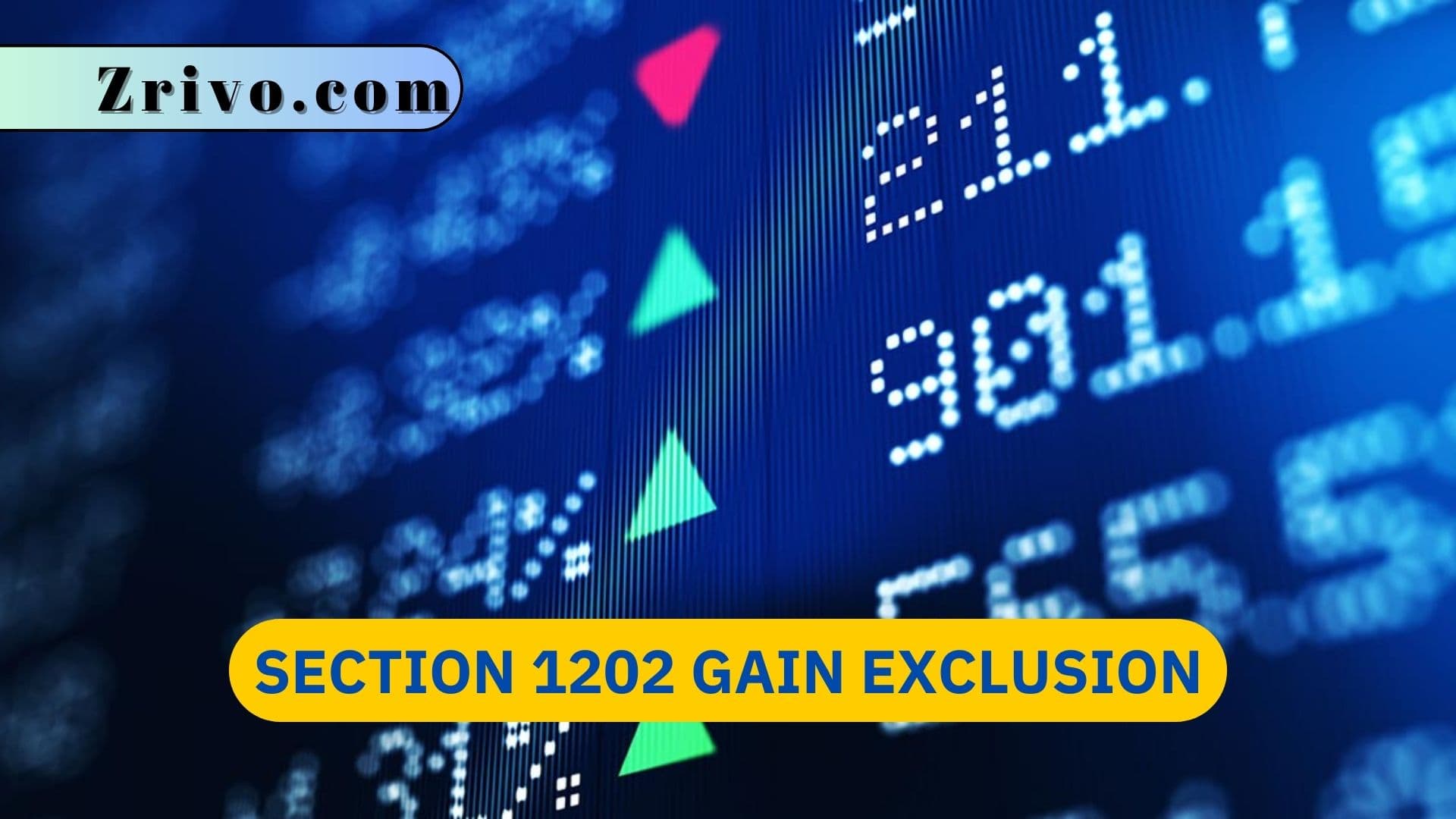
When it comes to investing in small businesses, tax incentives can make a significant difference. Section 1202 of the Internal Revenue Code (IRC) offers a potential avenue for tax savings through the Qualified Small Business Stock (QSBS) provision. QSBS refers to shares of stock in certain qualifying small businesses, and taking advantage of the Section 1202 gain exclusion can provide substantial tax benefits
Section 1202 of the IRC allows investors to exclude a portion of their capital gains from the sale or exchange of QSBS from federal income tax. To qualify as QSBS, certain criteria must be met, including:
- The stock must be issued by a domestic C corporation.
- The corporation must be an original issuer, meaning it issued the stock directly to the investor.
- The corporation’s aggregate gross assets must not exceed $50 million before the stock issuance.
- The stock must be acquired by the investor after August 10, 1993.

Tax Benefits of QSBS
The primary tax benefit of QSBS lies in the potential exclusion of a portion of the capital gains from federal income tax. Under Section 1202, eligible investors may exclude up to 100% of the gain realized from the sale or exchange of QSBS issued after September 27, 2010, and held for at least five years. This means that if you meet the requirements, you may be able to exclude a significant portion of the capital gains from taxation.
The 10x Basis Rule
The Section 1202 gain exclusion is subject to a limitation known as the 10x basis rule. According to this rule, the amount of the excluded gain cannot exceed ten times the investor’s basis in the QSBS shares. In other words, the tax benefits are limited to a maximum of ten times the investor’s original investment in the QSBS. While this limitation does exist, it can still result in substantial tax savings, especially for early-stage investments with significant growth potential.
Investors must meet the long-term holding requirement to fully benefit from the Section 1202 gain exclusion. This requires holding the QSBS for a minimum of five years before realizing the gain from its sale or exchange. It is important to note that the holding period begins on the date of stock acquisition, and the stock must be held continuously for at least five years to qualify for the exclusion.
Section 1202 can be a powerful tool for tax planning and wealth creation. The potential exclusion of capital gains on QSBS can result in substantial tax savings, allowing investors to retain a larger portion of their investment returns. By investing in qualifying small businesses, investors have the opportunity to support entrepreneurship and innovation while reaping tax benefits that can fuel future investments or other financial goals.

Limitations and Consultation
While the Section 1202 gain exclusion offers attractive tax benefits, it is crucial to be aware of certain limitations and seek professional guidance. Some limitations include the alternative minimum tax (AMT), certain types of businesses excluded from QSBS eligibility (e.g., service-based businesses), and state tax implications. Consulting with a qualified tax professional can help investors navigate these complexities and determine the applicability and potential tax benefits of Section 1202 for their specific situation.
Tax laws are subject to change, and staying informed about any potential modifications that could impact Section 1202 and QSBS is essential. Legislative updates or amendments may alter the provision’s qualifying criteria, exclusion percentages, or other aspects. Keeping abreast of such changes and seeking professional advice can help investors optimize their tax strategies and take advantage of available opportunities.
What is the Advantage of QSBS?
The advantage of Qualified Small Business Stock (QSBS) lies in the potential exclusion of a portion of the capital gains from federal income tax. Under Section 1202 of the Internal Revenue Code, eligible investors may exclude up to 100% of the gain realized from the sale or exchange of QSBS issued after September 27, 2010, and held for at least five years. This tax benefit can result in substantial tax savings and provide an incentive for investing in qualifying small businesses.
When reporting QSBS for tax purposes, it is important to gather the necessary information and accurately complete the relevant tax forms. The sale or exchange of QSBS should be reported on Schedule D (Capital Gains and Losses) of Form 1040 for individual taxpayers or on the appropriate form for other entities, such as partnerships or corporations. It is advisable to consult with a tax professional or utilize tax software to ensure proper reporting and compliance with applicable tax regulations.

What is the 5% Rule for QSBS?
The 5% rule for QSBS refers to the requirement that the aggregate gross assets of the issuing corporation must not exceed $50 million at the time of stock issuance. To qualify for the tax benefits under Section 1202, the issuing corporation must meet this criteria, ensuring that it falls within the defined parameters of a qualified small business.
What is the 80% rule for QSBS?
The 80% rule for QSBS relates to the requirement that at least 80% of the issuing corporation’s assets must be used in an active trade or business throughout the holding period of the QSBS. This means the corporation should primarily engage in active business operations rather than holding passive investments or engaging in certain specified activities. Meeting this rule is essential for the stock to qualify for the potential exclusion of capital gains under Section 1202.

Can QSBS be gifted?
Yes, QSBS can be gifted to another individual or entity. However, it is important to note that the tax benefits associated with QSBS, such as the potential exclusion of capital gains under Section 1202, are typically specific to the original owner of the stock. If QSBS is gifted, the recipient generally assumes the same tax basis and holding period as the original owner. It is advisable to consult with a tax professional to understand the implications of gifting QSBS in your specific situation.
How Do You Maximize QSBS?
To maximize the tax benefits of QSBS, several strategies can be employed:
- Invest in eligible small businesses that meet the criteria for QSBS.
- Hold the QSBS for at least five years to meet the long-term holding requirement for the Section 1202 gain exclusion.
- Consider structuring investments to maximize the 10x basis rule, which limits the excluded gain to ten times the original investment.
- Consult with a tax professional or advisor to navigate the complexities and nuances of QSBS, ensuring compliance with applicable tax regulations and optimizing tax planning strategies.

Who Does Not Qualify for QSBS?
While many investors can potentially benefit from QSBS, certain individuals or entities may not qualify for the tax advantages provided under Section 1202. The following situations typically do not qualify for QSBS:
- Investments in businesses that do not meet the criteria for QSBS, such as certain service-based businesses or businesses with aggregate gross assets exceeding the $50 million threshold.
- Investments made before August 11, 1993, as QSBS benefits, generally apply to stock acquired after that date.
- Investments that do not meet the holding period requirement of at least five years.
- Non-compliance with the rules and regulations outlined in Section 1202 and related provisions.
It is essential to consult with a qualified tax professional or advisor to determine eligibility for QSBS and understand the specific requirements and limitations based on individual circumstances.